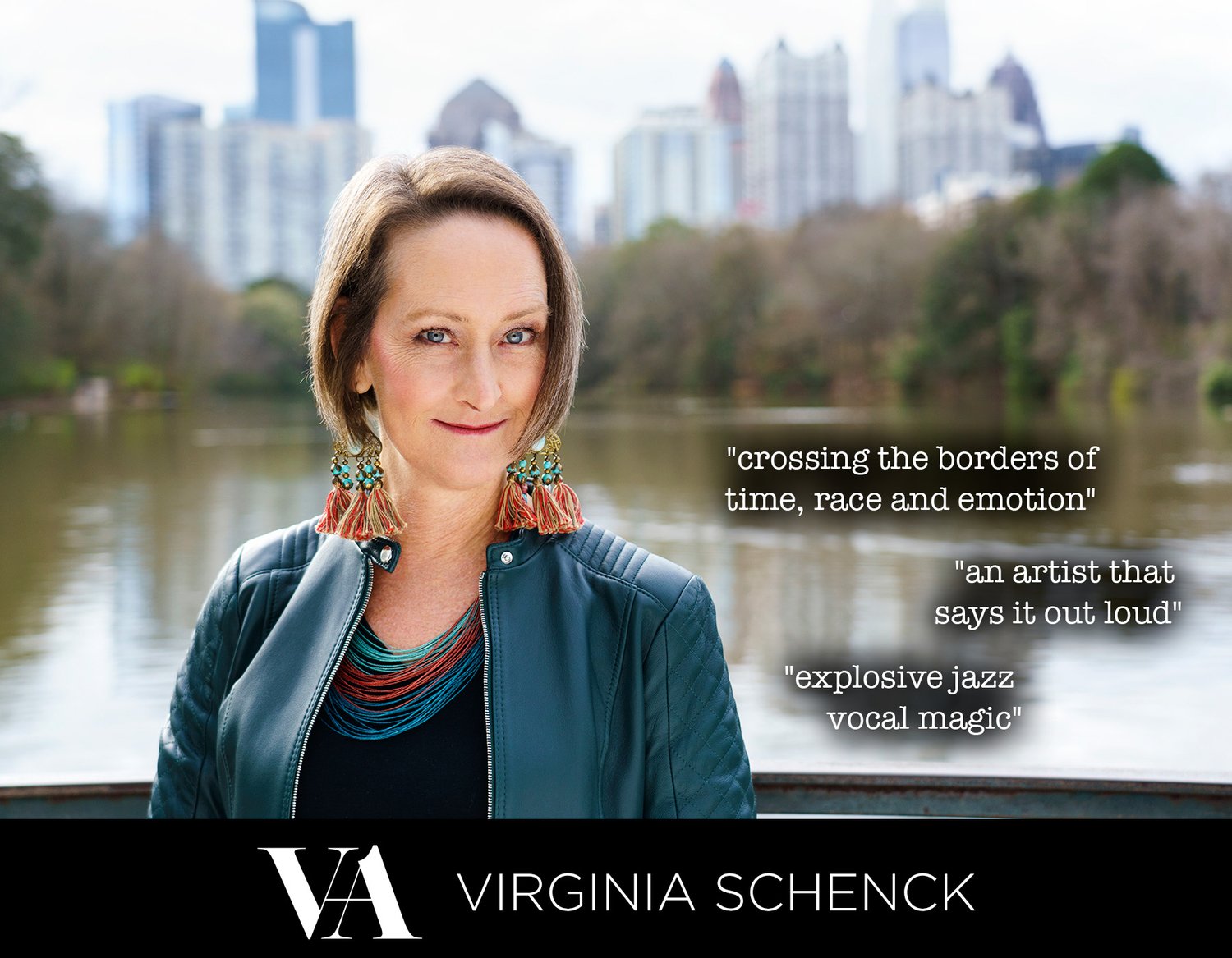STATEMENT
As in life, throughout everything I strive to incorporate improvisation. Everything is new and fresh, just as no minute is the same as the one before it. I like to employ a variety of music styles: jazz, classical, spirituals, folk, world music, or anything that inspires me.
Everyone needs music. The voice, our first instrument, is always with us, and we have access to it at every moment. As primitive cultures remind us, music is and should be a part of our every day lives—from routines and rituals to celebrations. And we should always be celebrating life!
The Hopi, Aboriginal, and Egyptian cultures hold in their mythologies that sound generated life. Sound is certainly in our bones as it resonates and we “feel” the music. Hearing-impaired people often convey that they “hear” the music through bone conduction. Nathaniel Anthony Ayers, persona of both book and movie The Soloist, bravely makes a personal choice not to medicate his mental illness because when he does he cannot “hear the music”.
When voices are silenced, cultures are in trouble. We have seen this in the Holocaust, slavery, and perhaps personal muffling. Civil rights leaders have often used songs and chants to empower themselves and others to bring about change. Singing can also become a dialogue between warring parties to bring conflict resolution and social change, or simply to build community. Telling our stories is imperative.
Silence is as much a part of music as the notes and sounds themselves. We must listen, and listen deeply. Then there are the sounds around us—of our environment, our families, friends, neighbors, students, and clients. New music is often born on the streets, as in the history of jazz, folk, hip hop, and rap. The inner singing must come out for our health’s sake. What can we create next? What is already being created? Listen both within and without.
Singing is available and accessible for all. When we create our own music, we need nothing but ourselves. The more we sing, the more it gives other people the encouragement to sing and express themselves. Group singing provides a way of becoming something greater than self, part of a whole, yet room for self-expression within the whole.
I find that especially while improvising, I am more often in “the flow” of “that thing,” as Miles calls it, expressing my deepest emotions.
I encourage others to sing and to seek to understand and tap into that which motivates us and drives our beings.
Virginia
July 5, 2009
